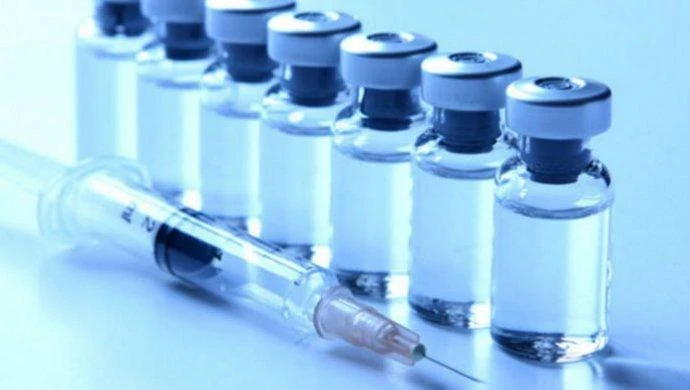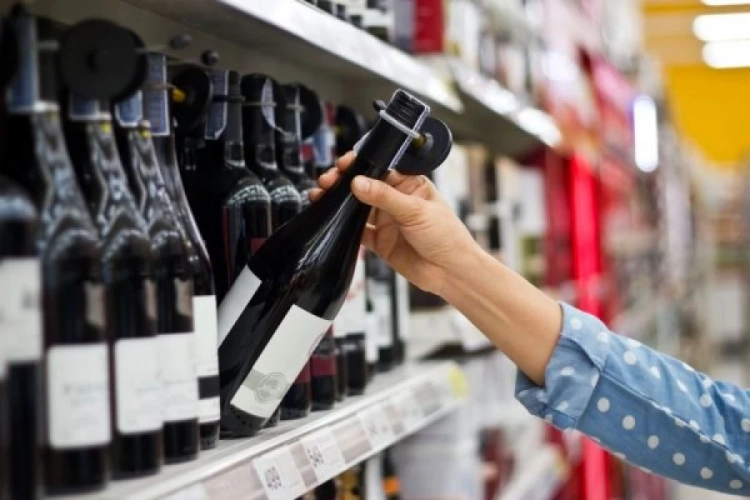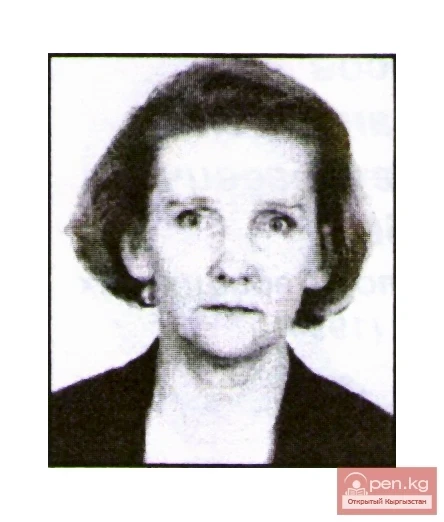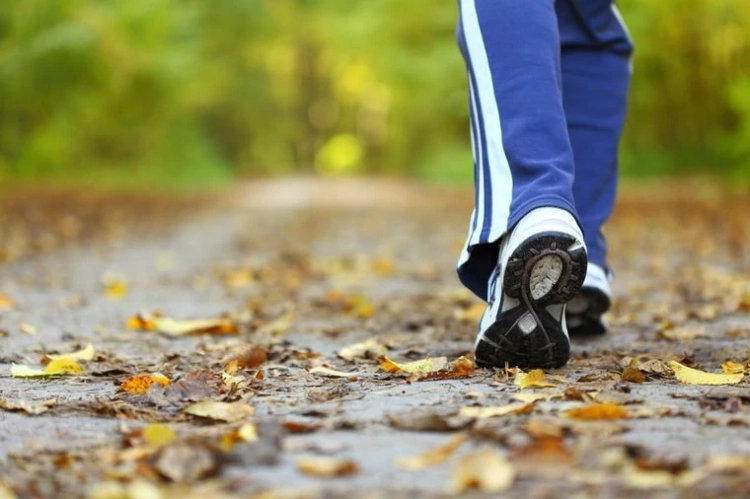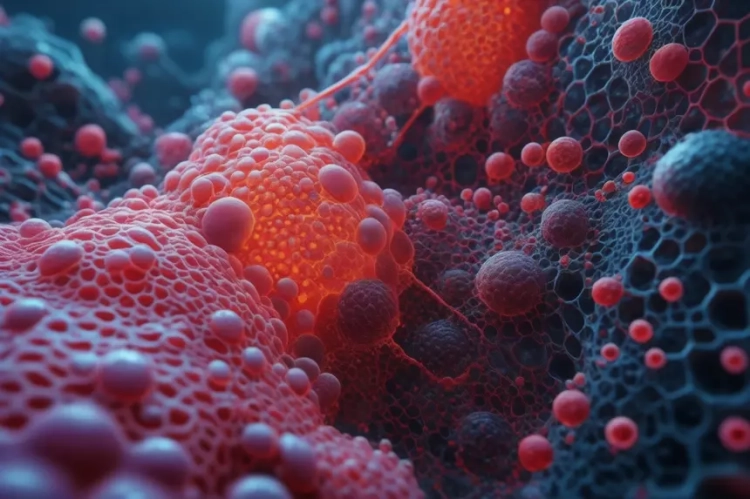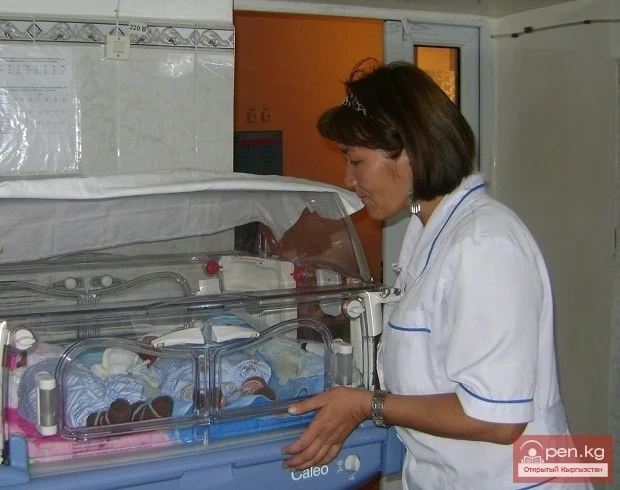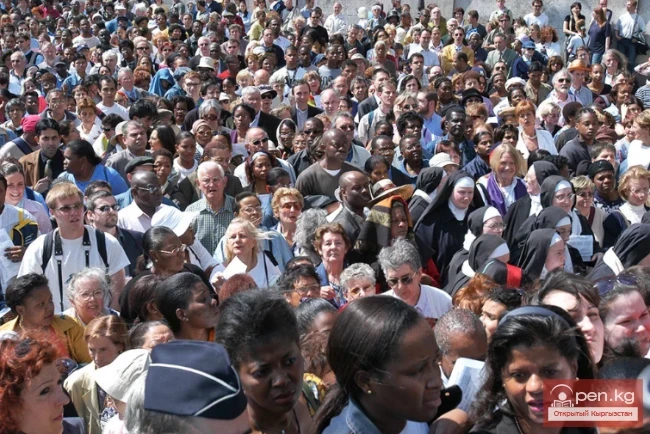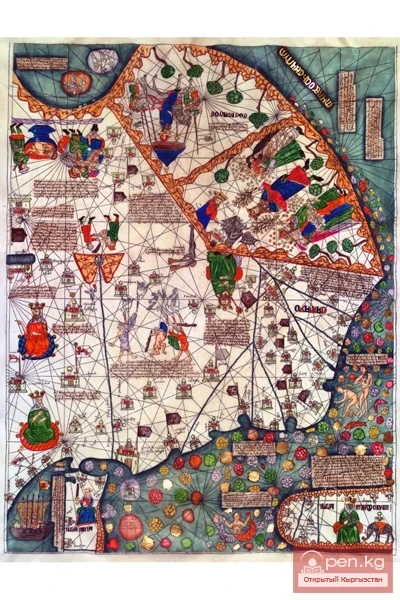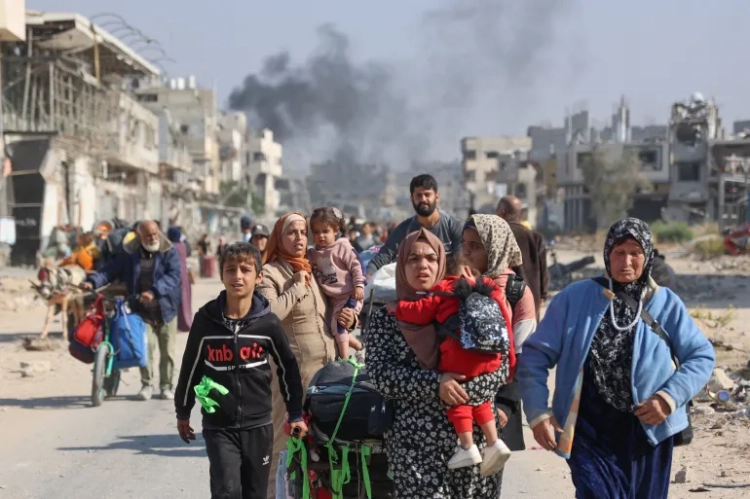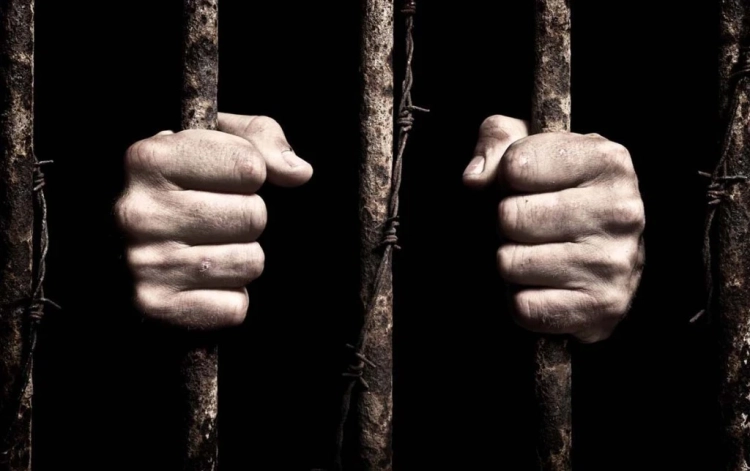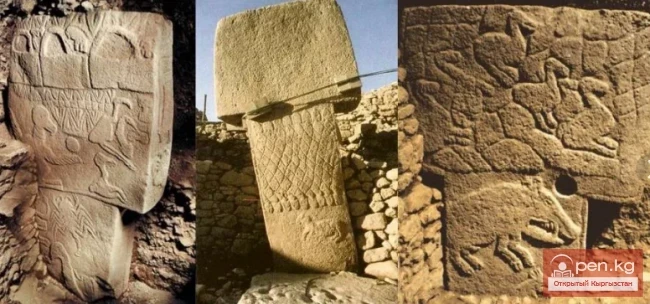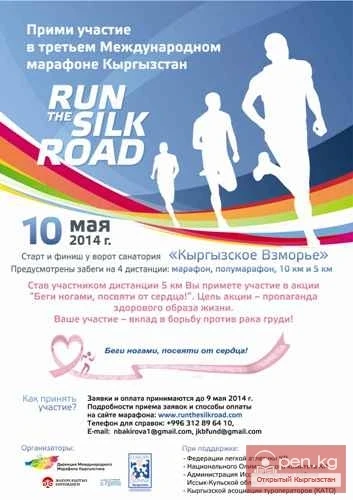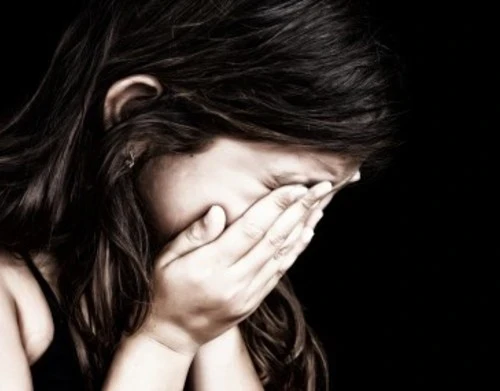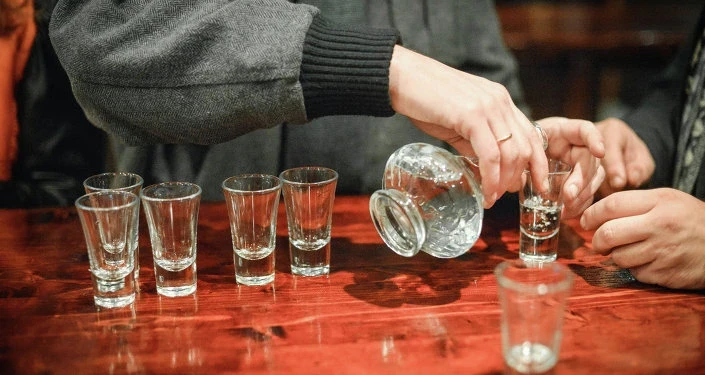
In the European Union, where alcohol consumption levels are among the highest in the world, alcohol was responsible for over 111,000 new cases of cancer in 2020, according to a scientific review prepared by the International Agency for Research on Cancer (IARC), a part of WHO.
Globally, this figure amounts to 741,000 cases, with nearly 70% of new diagnoses occurring in men.
In addition to the negative health consequences, alcohol also causes significant economic damage: according to WHO data, in 2018, premature deaths from alcohol-related cancer cost 4.58 billion euros.
Although some people view alcohol as a "cultural heritage," Weiler emphasizes that "disease, death, and disability should not be seen as part of European culture."
The Link Between Alcohol and Cancer
Alcohol was first classified as a carcinogen by IARC in 1988. Experts claim that it increases the risk of developing at least seven types of cancer, including cancers of the mouth, throat, larynx, esophagus, liver, colon, and breast.
Research shows that alcohol causes cancer through various mechanisms, including changes in hormonal balance, gut microbiome alterations, and DNA damage caused by oxidative stress and the metabolite acetaldehyde found in ethanol.
Reducing alcohol consumption or completely abstaining can significantly lower the risk of developing these types of cancer.
According to the report, most alcohol-related cancer cases are due to " risky " (two to six drinks per day) and " heavy " (more than six) levels of consumption.
However, even "moderate" alcohol consumption (less than two drinks per day) led to over 100,000 new cancer cases in 2020.
Strategies for Risk Reduction
In its analysis, IARC explored the potential benefits of preventing alcohol-related cancer for the first time.
Dr. Elisabeth Weiderpass, director of IARC, emphasizes that "population-level alcohol policies help reduce consumption, thereby lowering the risk of cancer."
The agency recommends a range of measures, including increasing alcohol taxes, setting minimum prices, raising the legal drinking age, limiting the number of sales outlets, reducing hours or days of sale, banning alcohol advertising, and introducing government control over its sale.
All these measures aim to reduce alcohol consumption and, consequently, the risk of cancer, according to IARC experts.
For example, a 2021 study showed that doubling alcohol excise taxes could prevent 6% of new cancer cases and related deaths in 2019 in the WHO European Region, which includes Europe and Central Asia.
Dr. Béatrice Lauby-Secretan, deputy head of the IARC Evidence Synthesis and Classification section, notes that "raising awareness about the harms of alcohol and its ability to cause cancer, as well as the fact that there is no safe level of alcohol consumption, is a key point."
"Everyone should contribute to changing existing norms and values related to alcohol consumption," she adds.
